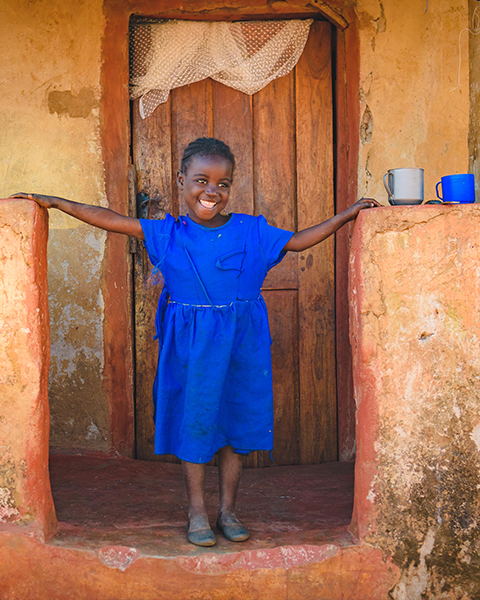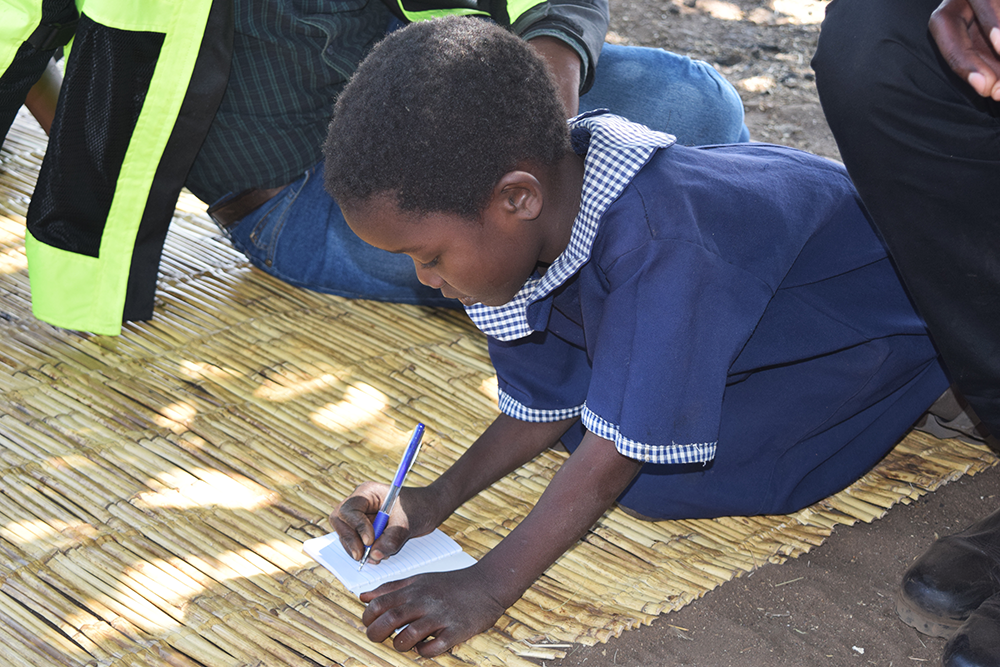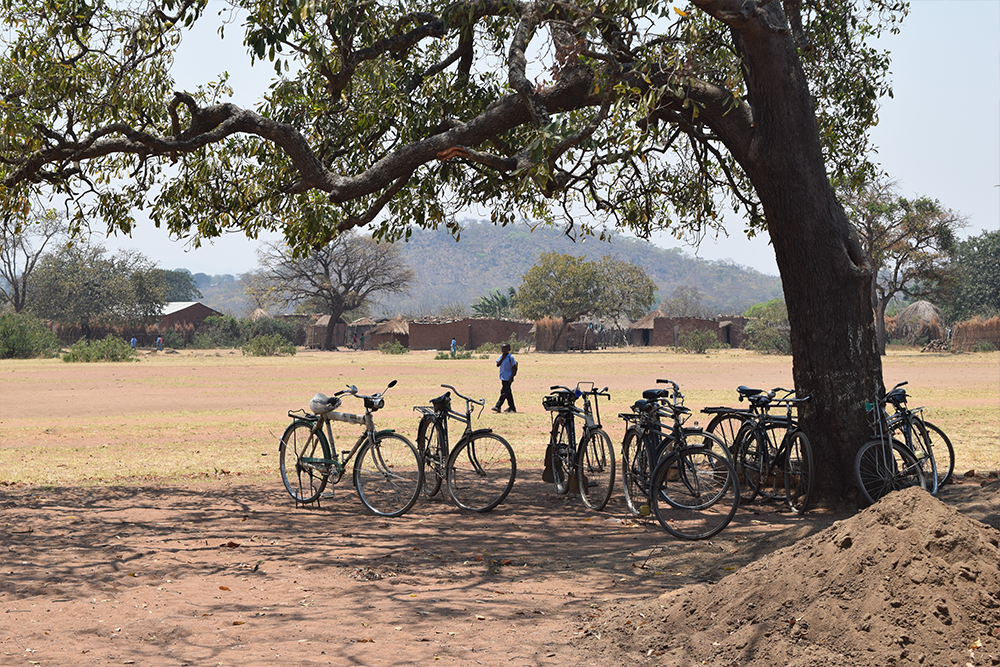Zambia: Project Overview
SOAR - Strengthening Opportunities for Adolescent Resilience
When girls are educated, all of society benefits. Girls who attend school tend to delay marriage and pregnancy, are less vulnerable to disease, and are more likely to increase their own earning power for life. Just one year of secondary education correlates to a 15 to 25 percent increase in future wages. However, an estimated 32 million adolescent girls are not in school right now. They require a tailored, proven program that helps them catch up with peers, builds their confidence and equips them with the skills they need to be successful. CARE is bringing such a program to countries where the need is greatest.
CARE’s SOAR Initiative provides an intensive, high-quality accelerated curriculum for adolescent girls who were unable to either start or finish primary school. Moreover, the program builds confidence the girls need to overcome the social and economic factors that keep them from school, prepares parents to embrace educational opportunities for their daughters, and directly engages men and boys to be part of the support system.



The SOAR Initiative combines an accelerated learning package tailored to rural needs, with activities that build confidence and teach skills the girls need to overcome the social and economic factors that keep them from school and provide support to Early Childhood Development services for children to ensure they get a proper start in life. The intervention also will prepare parents and guardians to embrace educational and developmental opportunities for their daughters, nieces and grandchildren, and engage men and boys to become part of the girls’ and young children’s support system. This innovative approach includes providing young girls (and boys) the skills they need to be productive members of society.
Two parallel tracks will foster improved learning outcomes at two critical stages or crossroads in life: Early Childhood Development services for young children and accelerated learning for out-of-school adolescent girls.
The initiative will employ the following strategies to improve the well-being of children, adolescents and families, and contribute to their survival, protection and development.
- Child-to-child approaches for psychosocial and emotional development
- Linkage with community and formal schools to promote learning preparedness
- Linkage with health and nutrition centers to promote survival and proper growth
- Meetings/Home visits